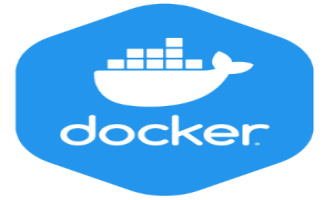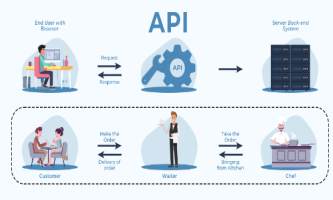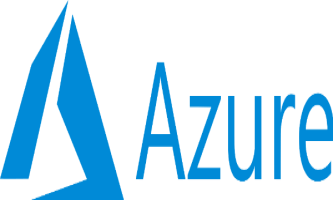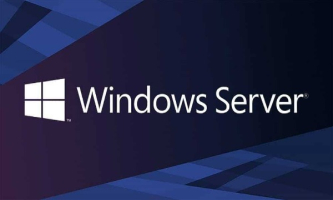If you use the internet, you interact with Cloudflare. You might not see it, but it's there, working behind the scenes to make websites faster, safer, and more reliable. But what exactly is Cloudflare? It's a question with a multi-layered answer.
At its core, Cloudflare is a globally distributed network that provides a suite of services to improve website and application performance, security, and reliability.
Think of it as a massive, intelligent buffer between website visitors and the website's origin server.
The Core Idea: A Content Delivery Network (CDN) on Steroids
Cloudflare started as a Content Delivery Network (CDN). A traditional CDN stores (caches) static parts of a website—like images, CSS, and JavaScript—on servers around the world. When you visit a site, the CDN serves that content from a server geographically close to you, making the page load much faster.
Cloudflare took this concept and supercharged it. Instead of just caching content, its massive network—spanning over 300 cities in more than 100 countries—acts as a reverse proxy. This means all traffic to a website protected by Cloudflare first passes through one of its data centers.
This strategic position is the key to everything Cloudflare offers.
Key Services and How They Work
1. Performance & Speed
-
Global CDN: By caching static content at the "edge" (closer to users), Cloudflare drastically reduces latency and load times.
-
Edge Caching: Even dynamic content can be cached for short periods, reducing the load on the origin server.
-
Optimizations: Features like "Auto Minify" (removing unnecessary characters from code), "Rocket Loader" (optimizing JavaScript loading), and "Argo Smart Routing" (finding the fastest network path) further accelerate websites.
2. Security & DDoS Protection
This is one of Cloudflare's most famous strengths. Because all traffic flows through its network, it can filter out malicious requests before they ever reach the origin server.
-
DDoS Mitigation: Cloudflare can absorb and disperse massive Distributed Denial-of-Service (DDoS) attacks that aim to overwhelm a website with traffic. Its network is so large that it can handle attacks that would cripple most individual servers.
-
Web Application Firewall (WAF): This acts as a gatekeeper, inspecting incoming traffic for common web threats like SQL injection, cross-site scripting (XSS), and other vulnerabilities based on a set of customizable rules.
-
Bot Management: Cloudflare uses machine learning to identify and block malicious bots (e.g., scrapers, credential stuffers) while allowing good bots (like search engine crawlers) to pass through.
3. Reliability & Availability
-
Load Balancing: Distributes traffic across multiple servers or data centers to prevent any single point of failure, ensuring high availability even during server outages or traffic spikes.
-
DNS Services: Cloudflare operates one of the world's fastest, most resilient DNS (Domain Name System) services. DNS is the "phonebook of the internet," translating domain names (like
www.google.com) into IP addresses. A reliable DNS is critical for a website's uptime.
The Business Model: A Freemium Approach
Cloudflare is famous for its accessible free plan. This plan offers basic DDoS protection, the global CDN, a shared SSL certificate, and its DNS service. This has democratized access to enterprise-level infrastructure for millions of small websites and blogs.
For more advanced features—like a more sophisticated WAF, custom SSL certificates, Argo Smart Routing, and higher performance guarantees—businesses can upgrade to paid plans (Pro, Business, and Enterprise).
Beyond Websites: The Expanding Ecosystem
Cloudflare has grown far beyond its initial CDN and security roots. It now offers a wide range of products:
-
Cloudflare Workers: A "serverless" platform that allows developers to run code directly on Cloudflare's edge network, enabling incredibly fast and scalable applications.
-
Zero Trust / Cloudflare One: A suite of security products that replaces traditional corporate VPNs with a more secure model that verifies every user and device trying to access internal applications.
-
R2 Storage: A cost-effective object storage service (similar to Amazon S3) with no fees for transferring data out (egress fees).
-
Stream: A video streaming platform that handles encoding, storage, and delivery.
Why is Cloudflare So Important?
-
Democratizes Security: It provides small entities with protection previously only affordable for large corporations.
-
Accelerates the Web: By making websites faster, it improves the user experience for everyone.
-
Enables Innovation: Services like Workers allow developers to build complex applications without managing server infrastructure.
Potential Criticisms
No company is without controversy. Cloudflare has faced criticism over:
-
Content Moderation: Its position as a middleman has led to difficult decisions about whether to stop serving websites with harmful or illegal content.
-
A Single Point of Failure: While highly resilient, if Cloudflare ever experienced a major global outage, a significant portion of the web would go down with it (as has happened in limited regional outages).
Conclusion
Cloudflare is no longer just a CDN or a security company. It has become a fundamental piece of internet infrastructure. By sitting at the edge of the network, it acts as a global traffic cop, security guard, and speed booster all in one. Whether you're a blog owner using its free plan or a Fortune 500 company leveraging its enterprise suite, Cloudflare's mission remains the same: to help build a better, faster, and more secure internet for everyone.











Comments powered by CComment